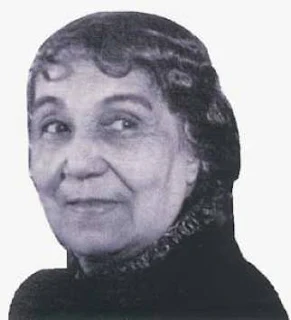
Between the brown hands of a server-lad
The silver cross was offered to be kissed.
The men came up, lugubrious, but not sad,
And knelt reluctantly, half-prejudiced.
(And kissing, kissed the emblem of a creed.)
Then mourning women knelt; meek mouths they had,
(And kissed the Body of the Christ indeed.)
Young children came, with eager lips and glad.
(These kissed a silver doll, immensely bright.)
Then I, too, knelt before that acolyte.
Above the crucifix I bent my head:
The Christ was thin, and cold, and very dead:
And yet I bowed, yea, kissed - my lips did cling.
(I kissed the warm live hand that held the thing.)
The silver cross was offered to be kissed.
The men came up, lugubrious, but not sad,
And knelt reluctantly, half-prejudiced.
(And kissing, kissed the emblem of a creed.)
Then mourning women knelt; meek mouths they had,
(And kissed the Body of the Christ indeed.)
Young children came, with eager lips and glad.
(These kissed a silver doll, immensely bright.)
Then I, too, knelt before that acolyte.
Above the crucifix I bent my head:
The Christ was thin, and cold, and very dead:
And yet I bowed, yea, kissed - my lips did cling.
(I kissed the warm live hand that held the thing.)




